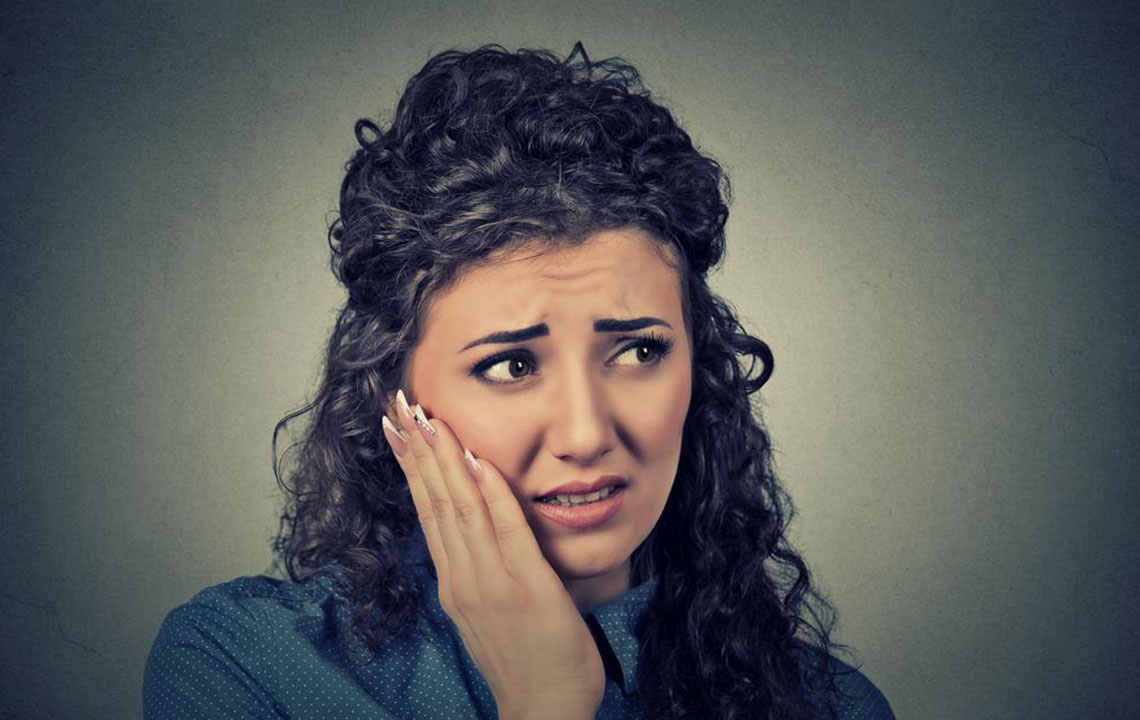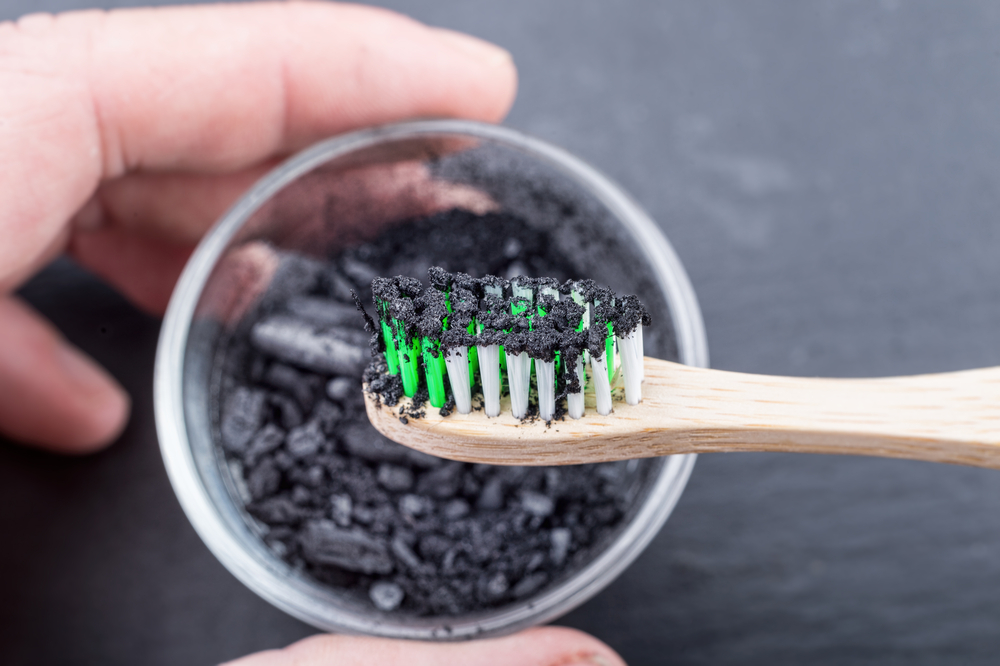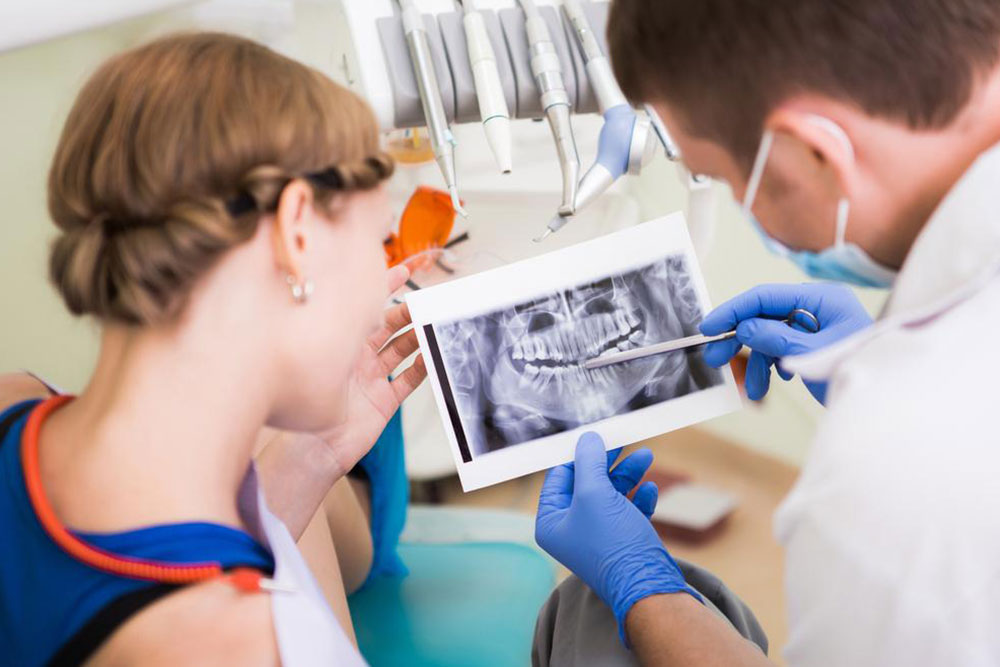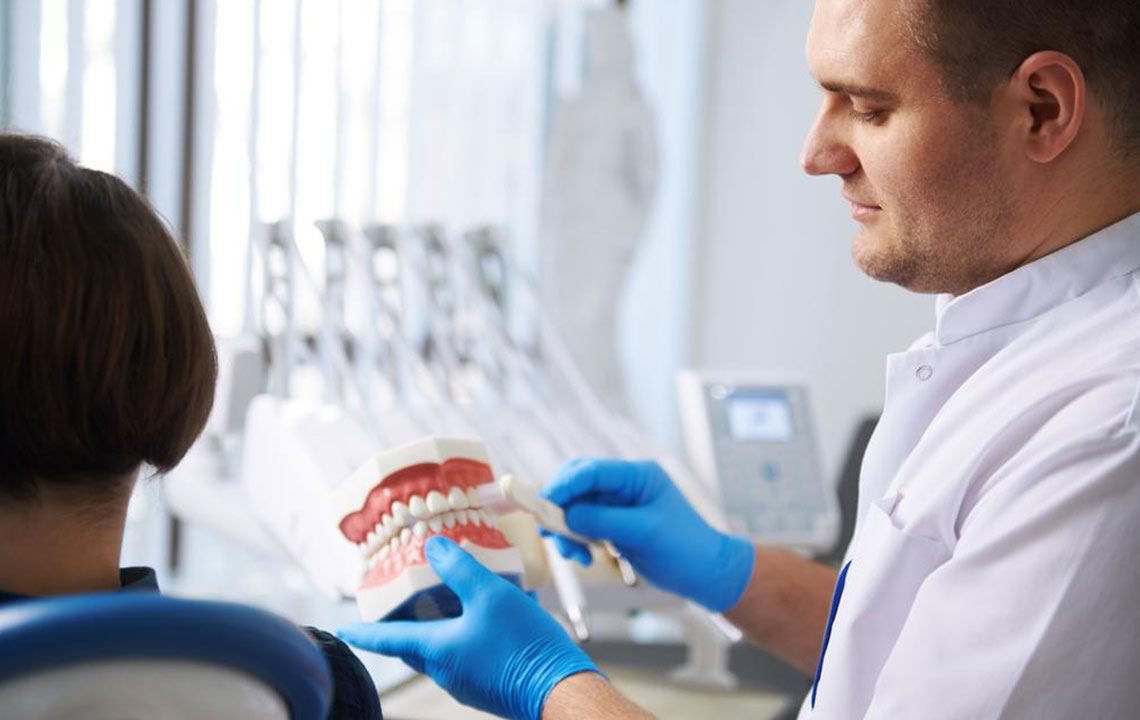In-Depth Guide to Using Hydrogen Peroxide as an Effective Mouthwash for Oral Health
This comprehensive guide explores the effective use of hydrogen peroxide as a mouthwash, detailing proper techniques, safety precautions, and its benefits for oral health. Learn how to incorporate it into your dental routine safely to prevent gum disease, reduce bad breath, and promote healthier teeth and gums. Understand potential side effects and when to seek professional advice to maximize benefits and maintain oral hygiene effectively.
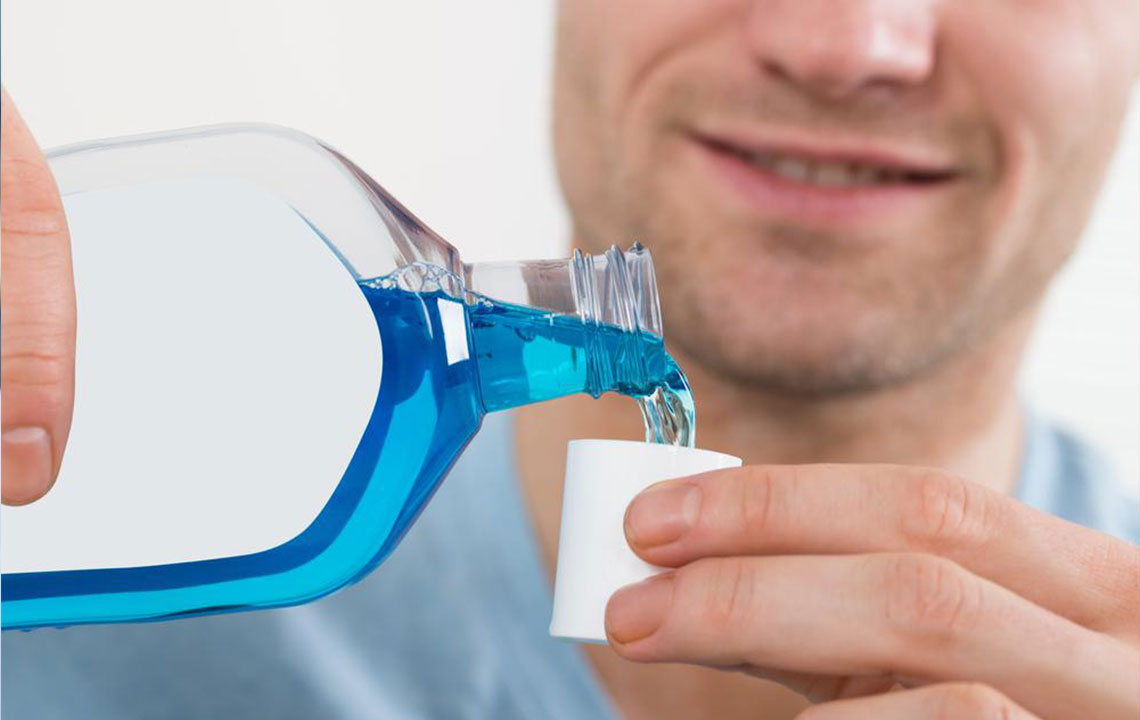
In-Depth Guide to Using Hydrogen Peroxide as an Effective Mouthwash for Oral Health
Maintaining optimal oral hygiene is crucial for preventing common dental problems such as gum disease, bad breath, cavities, and plaque buildup. While regular brushing and flossing form the foundation of good dental care, sometimes additional measures are necessary to ensure comprehensive oral health. One such method gaining recognition is the use of hydrogen peroxide as a mouthwash. Known for its disinfectant properties, hydrogen peroxide can serve as a powerful adjunct to routine oral care when used correctly. It helps eliminate bacteria, reduce inflammation, and strengthen dental enamel, contributing to healthier teeth and gums.
How does hydrogen peroxide mouthwash work in dental care?
Hydrogen peroxide acts as a mild antiseptic, targeting bacteria and viruses in the oral cavity. It is particularly effective against gum inflammation, mouth ulcers, and minor infections, making it a valuable tool for maintaining oral health.
When rinsing, hydrogen peroxide releases oxygen molecules that foam and create an effervescent action. This bubbling effect helps lift mucus, food debris, bacteria, and plaque from the surfaces of teeth and gums, facilitating a deeper clean than regular rinsing alone.
The antibacterial and antiseptic qualities of hydrogen peroxide can also assist in reducing bad breath, which often results from bacterial buildup in the mouth.
Step-by-step guide to effectively using hydrogen peroxide mouthwash
Choose the right product: It's essential to select a hydrogen peroxide solution suitable for oral use. Look for products labeled for dental or mouthwash purposes. Avoid using industrial-grade hydrogen peroxide, which can be dangerous.
Proper dilution: If you are using a concentrated hydrogen peroxide solution (usually 3% or higher), dilute it with equal parts of water to reduce strength and prevent tissue irritation. Pre-mixed, ready-to-use solutions are also available and can be used directly.
Measuring: Use a teaspoon or cap to measure the recommended amount (typically 10-15 ml). Ensure you adhere to the instructions printed on the packaging or advised by your healthcare professional.
Rinsing technique: Swish the solution around your mouth for about 30 seconds to 1 minute, making sure to reach all areas, including the gums and back teeth. Do not swallow the mouthwash; instead, spit it out thoroughly.
Frequency of use: For best results, rinse with hydrogen peroxide 2-4 times daily. However, avoid overuse, as excessive application may lead to tissue irritation or sensitivity.
Alternative applications: For oral sores or ulcers, you can apply diluted hydrogen peroxide directly to the affected area with a cotton swab, then rinse after at least a minute with water.
Consistency matters: Incorporate hydrogen peroxide rinsing into your daily oral hygiene routine for sustained benefits. Regular use over weeks can improve overall oral health and reduce problematic bacteria.
Precautions and safety tips when using hydrogen peroxide mouthwash
Follow product instructions carefully: Always adhere to the recommended dilution and usage instructions to avoid tissue damage or adverse reactions.
Avoid ingestion: Never swallow hydrogen peroxide mouthwash, as ingestion can cause serious health issues, including internal damage.
Monitor for side effects: Watch for signs of irritation, such as redness, burning sensations, swelling, or allergic reactions. If any adverse symptoms occur, discontinue use and consult a healthcare professional promptly.
Check for allergies: Be aware of possible allergic reactions or sensitivities to inert ingredients or additives in some solutions. Discontinue use if you notice any allergic symptoms.
Not recommended for children: Hydrogen peroxide mouthwash should generally be kept out of reach of children unless prescribed by a pediatrician.
Consult your dentist or healthcare provider: Before starting regular use, especially if you have underlying health conditions or are pregnant, seek professional advice.
Potential side effects and interactions to consider
Overuse or improper application can cause tissue irritation, mouth sensitivity, or minor burns in the oral mucosa.
In rare cases, allergic reactions such as swelling, rash, or difficulty breathing may occur. Seek immediate medical attention if these symptoms appear.
Hydrogen peroxide may interact with certain medications or dental treatments; thus, informing your dentist about your routine is advisable.
Final thoughts: Is hydrogen peroxide mouthwash safe and effective?
Hydrogen peroxide mouthwash is a trusted and cost-effective option for enhancing oral hygiene when used properly. It is especially useful for disinfecting the mouth, reducing plaque, and managing minor dental issues. However, it is essential to follow safety guidelines to avoid potential side effects. Not everyone is suitable for hydrogen peroxide rinses—individual sensitivities, medical conditions, or pregnancy status may influence its safety. Always consult with a dental professional before incorporating hydrogen peroxide into your routine, and use it in moderation for optimal results. When used responsibly, hydrogen peroxide can significantly contribute to healthier teeth and gums, making it a valuable addition to your daily dental care regimen.

